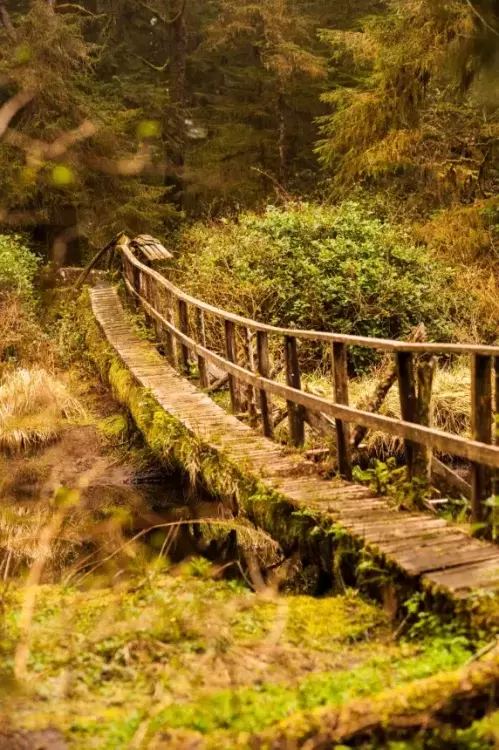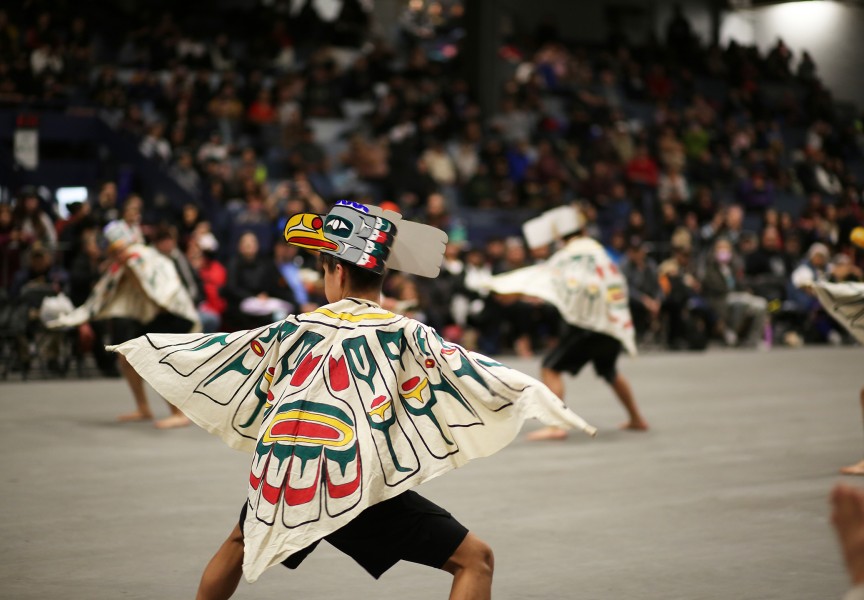Almost six months after the pandemic forced lockdowns and restrictions worldwide, the Indigenous tourism industry continues to take a beating.
Especially for those operating businesses in one of the Nuu-chah-nulth First Nations.
“If I had to give a rough estimate, I would say a good chunk of them, maybe 75 per cent of them have not reopened,” Paula Amos, the chief marketing and development officer for Indigenous Tourism BC, said of NCN businesses.
This figure though can be misleading. That’s because Amos said there are only about 20 Nuu-chah-nulth businesses that are members of Indigenous Tourism BC. She said there’s up to about 10 others who are not members.
Plus, the association does not keep track of the hundreds of Nuu-chah-nulth fishermen or artists who run a business but are not Indigenous Tourism BC members. Further complicating matters is the fact even if some Nuu-chah-nulth tourism businesses did want to reopen this year, it wouldn’t make sense for them to do so.
“Many of the Nuu-chah-nulth nations are not open for visitors,” said Amos, who now lives in Vancouver but is a member of Hesquiaht First Nation.
As a result, tourist attractions including Hesquiaht’s Hot Springs Cove and Ahousaht First Nation’s heritage walking trail, Walk the Wild Side, have remained closed.
Amos said even for those few Indigenous tourism businesses which have been able to open their doors again, it has not been business as usual.
“It’s definitely challenging for sure,” she said. “It’s a different market domestically and businesses have had to pivot. Many of them rely on international visitors. And this is their high season now. They make their business in the four months of the year (during the summer).”
The pandemic has certainly had a tremendous effect on Tseshaht First Nation member Naomi Nicholson, who owned a pair of Indigenous tourism businesses. For the past eight years she owned Secluded Wellness Centre in Port Alberni.
“I’m not going to reopen the wellness centre at all,” Nicholson said.
And it was only this past week, on Sept. 1, that Nicholson was able to reopen her other business Chims Guest House, an Indigenous-themed getaway. Instead of daily and weekly rentals, however, for the immediate future Chims will only have a monthly rental available.
Nicholson said Chims has taken a financial beating in 2020. And she’s not sure what 2021 will look like.
“We’ve lost thousands and thousands of dollars,” she said. “And who knows about next year, whether we’ll be able to have daily and weekly rentals.”
For now, Nicholson is actually happy that she will only allow members of the community to rent out her guest house on a monthly basis.
“I just can’t have strangers coming in on my conscience,” she said. “It doesn’t matter if B.C. says hotels can reopen.”
Amos said Indigenous Tourism BC is doing its best to have its members survive.
“We want to make sure none of these businesses fall through the cracks,” she said.
To that end, Amos said the association is doing what it can to assist businesses and not just financially.
Early on in the pandemic the association reallocated $300,000 from its budget to assist various operations. More than 70 businesses applied to the provincial association to receive a maximum $5,000 grant that was offered in April and May.
Indigenous Tourism BC has had a second intake of grant applicants since early August. More than 35 businesses have applied for this funding, worth a maximum of $10,000 (or $5,000 more for those that applied and received the maximum funds during the first intake and have reapplied again).
Amos said several of those Indigenous tourism businesses that are seeking funding from the provincial association are operated by First Nations.
“We are also working closely with the privately-owned businesses,” she said.
Since numerous questions remain concerning the pandemic, Amos said it’s difficult for business owners to speculate on their futures.
“I think generally there’s some uncertainties for any long-term planning,” she said.
But she’s hopeful Indigenous tourism businesses will be able to bounce back eventually.
“I’m hoping they won’t close permanently,” she said. “The longer this lasts though, the deeper it’s going to take for us to get out of this economic recovery.”
Brenda Baptiste, Indigenous Tourism BC’s chair, is also hoping for better days ahead.
“The overall tourism industry has been heavily impacted by the bleak 2020 tourism season,” Baptiste said. “At Indigenous Tourism BC we are working on a long-term recovery and planning strategically on getting through this downturn and see that the businesses survive and reopen for 2021 and beyond.”







